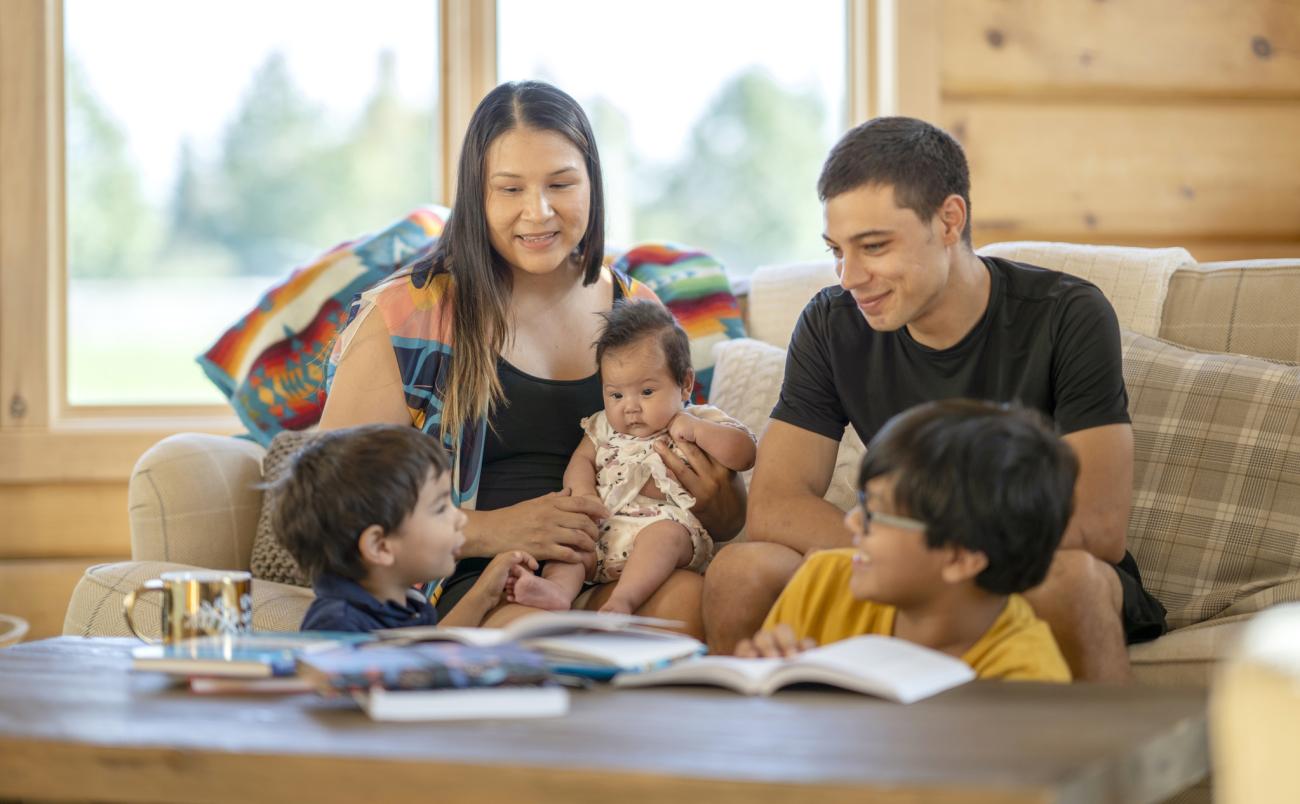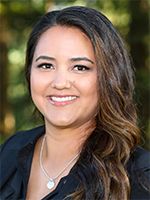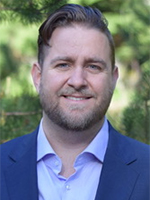
Indigenous-led research identifies pathways to healing through the stories of Indigenous community members in Greater Vancouver.
Often seen as a universal right of all Canadians, accessible and culturally safe health care is out of reach for many Indigenous Peoples in the B.C. health care system, according to research led by Vancouver Coastal Health Research Institute researcher Dr. Brittany Bingham.

Bingham, who is of mixed ancestry and a proud member of the shíshálh Nation of the south coast of B.C., co-led sharing circles alongside Elders to understand Indigenous community members’ health care experiences and recommendations on establishing culturally safe health care. The sharing circles revealed overarching themes published in Bingham’s CMAJ Open study.
“The truth-telling aspect of recording the lived experiences of Indigenous Peoples is an important first step along the journey to understand the hard facts and advocate for action,” states Bingham.
“This is a long-term journey, but we need to take steps 'in leaps, not shuffles,' as inspired by the wise words of Indigenous leader and advocate for child and family care, Dr. Cindy Blackstock, who encourages us to move towards equity with urgency.”
The research team employed a Two-Eyed Seeing theoretical framework for their study. Coined by Mi’kmaq Elder Albert Marshall, the framework upholds and privileges both Indigenous Ways of Knowing and Being, as well as Western epistemology, acknowledging the benefits and value of both approaches.
Twenty-six self-identifying Indigenous adults participated in two sharing circles as part of Bingham’s research. A methodology that originates in North American Indigenous traditions, sharing circles take the view that all participants are equals. This approach breaks down power dynamics and creates a safe space for uninterrupted sharing and storytelling.
During the sharing circles, participants discussed their personal accounts and impressions of health care delivery across B.C. They shared that they experienced racism in the health care system, which led to poorer overall impressions of the care they received and resulted in suboptimal health outcomes.
“If we have any medical issue, and we got to get help, we don’t get it — we get to see all the other [settlers] getting great help, but not us.” — study participant
The poorer health outcomes experienced by Indigenous Peoples in comparison to their non-Indigenous counterparts are well-publicised in additional peer-reviewed studies led by Bingham and other scholars, as well as highlighted in reports conducted by the Government of Canada. Furthermore, Indigenous Peoples are less likely to work in care provider roles, comprising fewer than one per cent of physicians in Canada, despite representing over 4.5 per cent of the Canadian population.
Improved trust can lead to better health outcomes for Indigenous Peoples
Study participants revealed that they had experienced racism, prejudice and stereotyping when accessing health care services, which led to feelings of being devalued, disrespected and abandoned, states Bingham.
“On a personal level, I can say that almost every Indigenous person that I know has had a negative experience in the health care system.”
The study team found that Indigenous-specific racism also gave rise to feelings of mistrust towards the health care system.
Study participants shared that traditional medicine and Indigenous perspectives on health were often discredited or dismissed by Western health care providers.
“This research has been important for a long time, and the findings from our study underscore why a lot more needs to be done to address medical colonialism and health care inequities,” says study co-author, Andreas Pilarinos.

“There are 14 First Nations in the VCH region alone,” Pilarinos adds. “It is important that care providers listen, learn and respond to each community’s needs to improve trust in the health care system and, ultimately, support health and well-being.”
The research team outlined several perspectives to guide future work towards healing past harms and meeting widely accepted recommendations, such as those outlined in United Nations Declaration on the Rights of Indigenous Peoples and B.C.’s In Plain Sight report. Offering Indigenous-specific services and supports, such as traditional healing and holistic care options, could improve trust in the health care system among Indigenous Peoples, the study team states.
“We appreciate everyone that walks through this door. People tell me it feels like their home, their second home, their family.” — study participant
Additional recommendations and actions included cultural safety education for all health care staff to help rebuild feelings of trust and improve comfort levels when Indigenous community members seek care. Welcoming, Indigenized spaces that are inclusive of Indigenous cultures, ceremonies and traditional health practices can also support the gradual healing of past wounds and encourage a greater sense of well-being for Indigenous Peoples when accessing health care services.
“We have already made progress. It is now up to us as members of the health care system to continue to build trust and move towards healing.”


